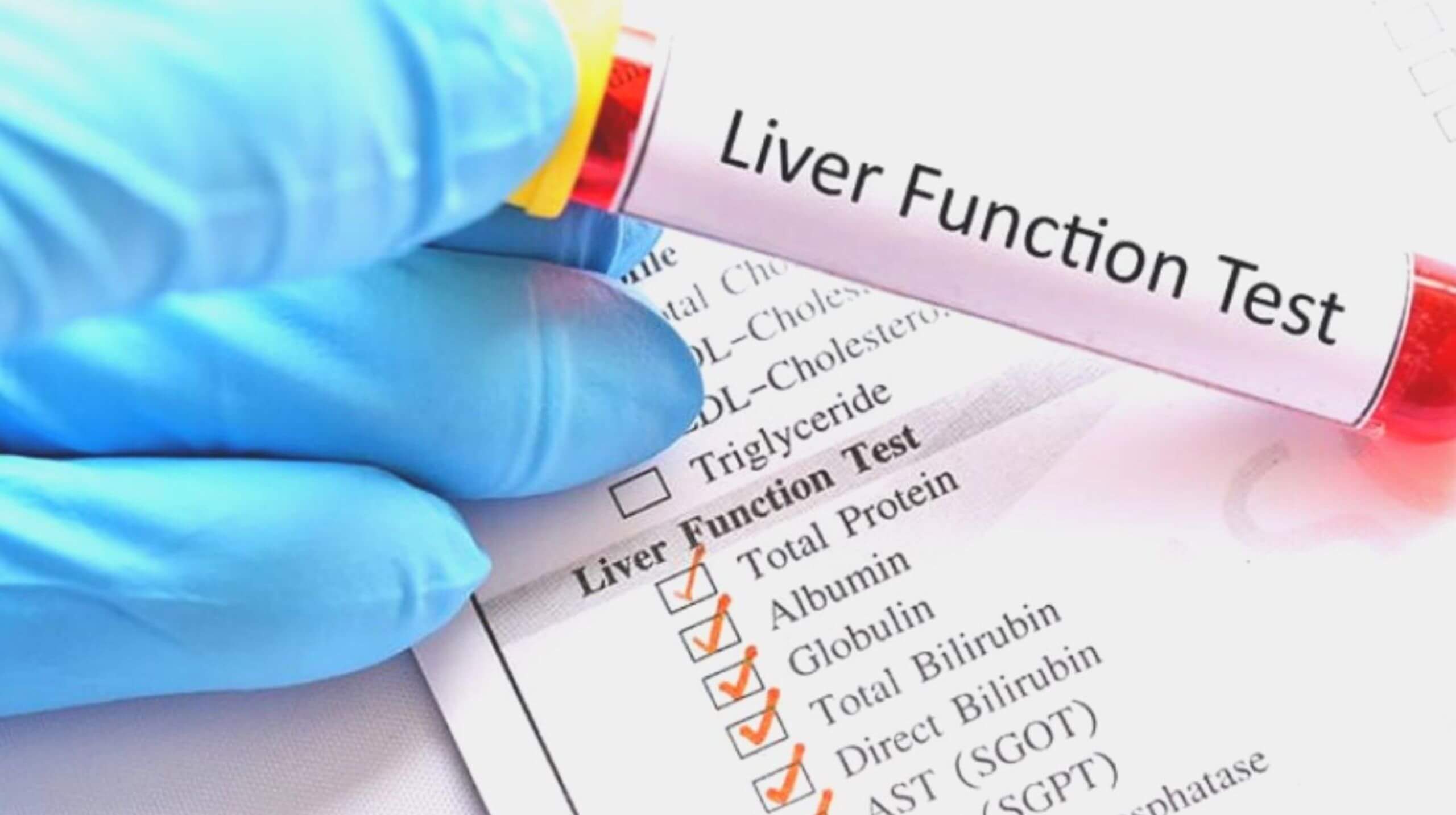The liver is one of the most essential and fundamental body parts of the human body. A slight disorder in liver function can take you to the hospital. This blog will discuss liver function tests, their types, and many other things every ordinary person intends to know. We will also tell you the indications that will prompt you to visit the hospital. So, be our journey fellow to gather information about liver function tests.
A little about the Liver and its Functions
All we know about the liver is that it regulates the blood throughout our bodies. Though this statement is true, the largest organ in the abdomen also has a lot of other functions. The liver controls most chemical levels in the blood and also excretes a substance called bile. It aids in the liver’s waste product removal. The liver filters every drop of blood that leaves the intestines and stomach. This blood is processed by the liver, which also breaks down, balances, and produces nutrients. It also metabolizes medications into forms that are either harmless or easier for the rest of the body to utilize. The liver has been linked to more than 500 essential bodily processes. Listed below are some of the most well-known operations:
- Production of bile, which aids in digestion by breaking down lipids in the small intestine and carrying waste away
- For blood plasma, it produces specific proteins
- The production of cholesterol and unique proteins that aid in carrying lipids
- The liver regulates blood clotting
- It is also responsible for eliminating drugs and other hazardous substances from the blood.
Liver Function Test
Blood tests called “liver function tests” assess the many compounds your liver produces. Moreover, your healthcare physician checks vital details from these measures about your liver’s general health and function. Multiple chemicals are frequently measured in one blood sample using a liver panel. It could contain different proteins, metabolites, and enzymes.
What is the LFT’s normal range?
Aminotransferases are one of the most common liver tests done after taking samples from your blood. Furthermore, your liver function is good if results range between 7 and 56 units/litre for ALT and 10–40 for AST.
Types of liver function tests
Liver function tests (LFTs) are a group of blood tests that provide valuable information about the health and function of the liver. Here are seven common types of liver function tests:
Alanine Aminotransferase (ALT)
The liver contains the majority of the ALT enzyme. Elevated ALT levels in the blood indicate inflammation or liver injury. It can aid in tracking the development of liver illnesses like hepatitis because it is a sensitive marker for these ailments.
Aspartate Aminotransferase (AST)
Aspartate aminotransferase (AST) is an enzyme in the liver and other organs. While similar to ALT, AST is less specific to the liver, meaning that elevated AST levels in the blood may not always indicate liver damage alone. Medical professionals use AST and ALT levels to understand liver health and identify specific liver illnesses accurately and comprehensively. This combined analysis provides a complete picture of the liver’s condition and helps make accurate diagnoses.
What does it indicate when the AST level is high?
A high level of this enzyme shows that there can be a problem with your heart, so do not ignore it. On the other hand, it indicates issues like hepatitis, cirrhosis, or other liver diseases.
Alkaline Phosphatase (ALP)
The liver, bones, and intestines are just a few of the tissues that contain the enzyme known as ALP. ALP levels that are increased in the blood can be related to bone and liver problems. ALP levels are significant in diagnosing disorders that impact the biliary system, which produces and moves bile from the liver to the intestines when assessing liver function. Healthcare professionals may learn important information about the health of the liver and biliary system by looking at ALP levels, which can help diagnose and treat liver-related conditions.
GGT, or Gamma-Glutamyl Transferase
The liver is the central location of the GGT enzyme. It is a sensitive marker for liver conditions, especially those brought on by alcoholism. Increased GGT levels in the blood may indicate bile duct issues or liver damage from drugs.
Can it get back to normal?
GGT has a half-life of between 14 and 26 days, and it takes 4-5 weeks after quitting alcohol to recover to normal levels [12]. According to Marcos, the GGT’s sensitivity and specificity for alcohol misuse range from 40% to 80%.
Combined bilirubin
A yellow pigment called bilirubin is created when the liver destroys old red blood cells. Conditions that interfere with normal bile flow or liver disease can elevate total bilirubin levels. It is essential for identifying and tracking liver and bile duct problems.
Albumin
Albumin is a protein the liver produces that helps maintain blood volume and transport various substances in the bloodstream. However, the low levels of albumin in the blood may suggest liver damage or a condition where the liver cannot synthesize enough of this essential protein.
Prothrombin Time (PT) or International Normalized Ratio (INR)
PT or INR are coagulation tests that assess the liver’s ability to produce clotting factors. Liver dysfunction can lead to a decrease in these factors, resulting in prolonged PT and increased INR, indicating potential clotting problems.
Reasons for liver function tests
Blood tests called liver function tests are performed to evaluate the liver’s condition and capacity. These tests diagnose jaundice and other liver dysfunction symptoms, monitor liver illnesses (such as cirrhosis and hepatitis), check abnormal liver enzyme levels, and measure liver damage from drugs or alcohol. Additionally, liver function tests can be used to examine the general health of the liver, the acceptability of particular medications, and pre-operative evaluations. For the early diagnosis and treatment of liver-related diseases, routine liver function tests are necessary.
What are the first signs of liver disease?
A human liver has many indications to start informing us about the disorder. Abdominal pain or yellowing of the eyes and skin is primarily due to liver problems. Other symptoms include pale stool, dark urine colour, itchy skin, diarrhea, etc.
Conclusion
The liver is an essential part of the body and is prone to different disorders that can even become fatal. You must have gained a lot after reading the test types and reasons. In conclusion, if you encounter any of these problems, consult your doctor. After that, he will suggest an LFT if he finds this problem in severe condition.










